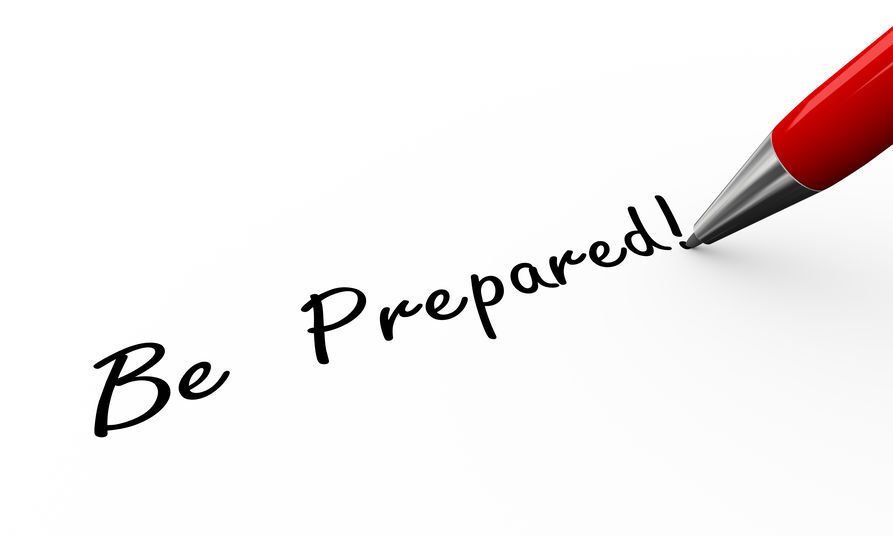How Can You Most Effectively Prepare for Your Dental Appointments?
- By Mary Marks
- •
- 28 Oct, 2020
- •

Preparing for a dental appointment will entail a lot more than just dressing nice and putting on a smile. As you will see, the ideal process includes a number of important steps and measures you have to take in order for the appointment to be as successful as possible.
- Take some steps to face your dental anxiety,
especially when you know that you’ll be there for an extraction or some other
dental procedure. You can try meditating and listening to your favorite music
to calm down, and using methods such as EFT tapping, which is known for its
exceptional results against PTSD and various forms of psychological trauma, or better get a referral for an
oral sedation dentistry Highlands Ranch dentist
to relieve the anxiety.
· Thoroughly brush and floss your teeth before the appointment. That way, you will be doing your dentist a favor, and the whole process will be much smoother.
· Get there a little early before the actual appointment, so you’ll have time to sign all the forms and get to know the staff members – especially if you’re a new patient.
· Prepare all the information and documents you might need, including anything on old problems you’ve had with your teeth, gums or jaws, and any records of past checkups, medical drugs you might be taking and conditions you may have.
·





Although oral sedation dentistry Highlands Ranch is one of the optionsavailable for managing anxiety and discomfort during oral surgery, you certainly do not need to use it all the time. As a matter of fact, the exact type of sedation or anesthesia that you receive during oral procedures may depend on various factors, such as the complexity of the procedure, your medical problems, as well as your doctor’s preferences.
There can be several different levels of sedation that can be used in oral surgery. Local anesthesia is one of them. This involves injecting anesthetic medication into the specific area where the surgery will take place. It numbs the area and is often used for less invasive procedures.
Oral sedation involves taking medication in the form of a pill to induce a state of relaxation and drowsiness. The patient is still conscious, but he/she may not be fully aware of the procedure. At any rate, sedation helps him/her get rid of anxiety.
In the case of intravenous sedation, medication is administered through a vein, which induces a deeper state of sedation than oral sedation. Patients may still be conscious, but they are less aware of their surroundings and may not remember the procedure.





